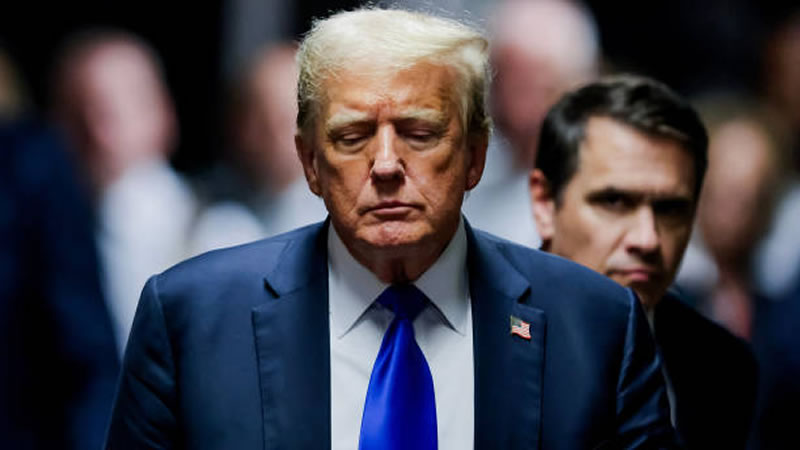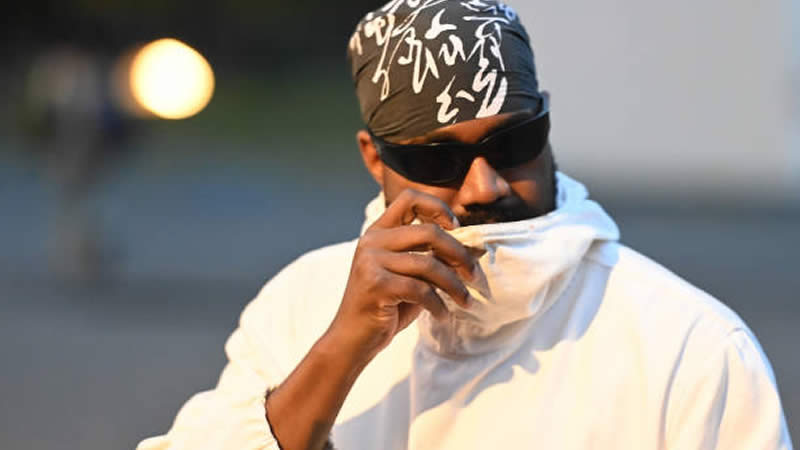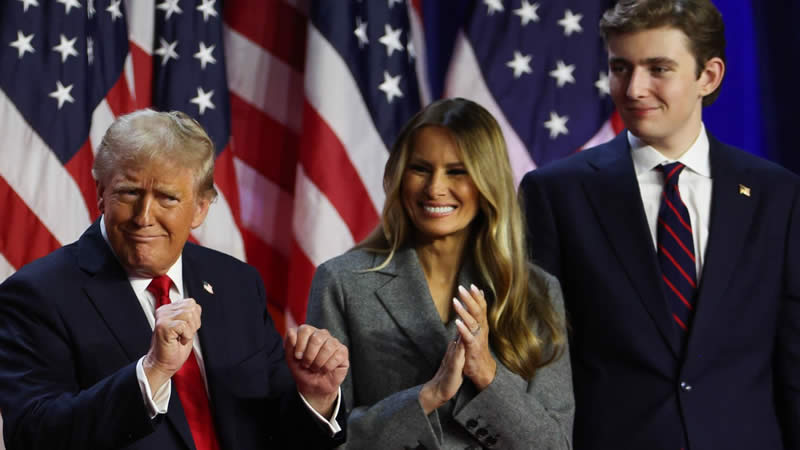‘The Military Isn’t Trump’s Enemy’: Wall Street Journal Editors Warn Against Trump’s Purge Plans

Donald Trump and Todd Blanche (Photographer: Justin Lane/EPA/Bloomberg via Getty Images)
In a sternly worded editorial, the conservative Wall Street Journal editorial board issued a cautionary warning to former President Donald Trump regarding his rumored plan to reshape the senior ranks of the U.S. military. Following leaks of a draft executive order suggesting that Trump intends to create a council of former officers to review and remove high-ranking military leaders, the editors urged him to tread carefully, especially with his nomination of Fox News personality Pete Hegseth as the new Secretary of Defense.
“The military isn’t Mr. Trump’s enemy, and a purge mentality will court political trouble and demoralize the ranks,” the editorial board argued, cautioning Trump against politicizing the military’s senior leadership. For the editors, this rumored plan could not only backfire politically but also have unintended consequences on morale across the armed forces. “The draft executive order, leaked to the press, about forming a group of former officers to rule on the fitness of current generals would be a mistake that smacks of politicizing the officer corps.”
Trump’s growing interest in reshaping the military seems to stem from his frustration with the Pentagon and certain military leaders, particularly former Joint Chiefs Chairman Gen. Mark Milley, who has publicly criticized Trump since leaving office. However, the Wall Street Journal editors warned Trump not to act on these personal grievances. “Firing Chairman of the Joint Chiefs CQ Brown would also be counterproductive,” they wrote, highlighting Trump’s ire toward Milley but advising him against sweeping retaliatory actions.
“Mr. Trump is still furious about former Chairman Mark Milley’s criticisms, and not without cause, but Mr. Trump promoted Gen. Milley. The better path is to look for officers who understand the current global dangers and have good ideas for what to do about it. Adm. Sam Paparo of the U.S. Indo-Pacific command is one.”

For the editors, what the military needs now is leadership focused on the actual threats facing the United States. But they expressed concern that Hegseth’s nomination signals a distraction from these priorities. Known for his focus on ridding the armed forces of “woke” policies, Hegseth’s fixation on cultural issues within the military may pull attention from the pressing strategic challenges in regions like the Indo-Pacific, where growing tensions with China demand concentrated focus and seasoned insight.
“In the context of America’s security challenges, wokeness is a small concern,” the editors argued, urging Trump and Hegseth to put the nation’s security interests above culture wars. The editorial reveals the Wall Street Journal’s deep reservations about Trump’s latest moves, fearing that actions driven by ideological motives rather than strategic priorities could weaken the military’s readiness and effectiveness.
They caution against alienating experienced leaders and emphasize the importance of continuity in military strategy. As they see it, creating an ideologically driven “fitness council” risks compromising the military’s independence and undermining its ability to address real threats in an increasingly complex global landscape.
The Wall Street Journal’s message is clear: the armed forces are not the place for personal vendettas or cultural battles. Their advice to Trump is to recognize that while he may differ with military leadership on certain issues, it is critical to uphold the professionalism and integrity of the military by prioritizing capable and pragmatic officers who can address America’s most immediate security concerns.
For Trump, who has frequently clashed with the Pentagon, this guidance serves as a reminder that the challenges facing the Department of Defense require more than ideological loyalty—they demand expertise and a commitment to national security above all else.


